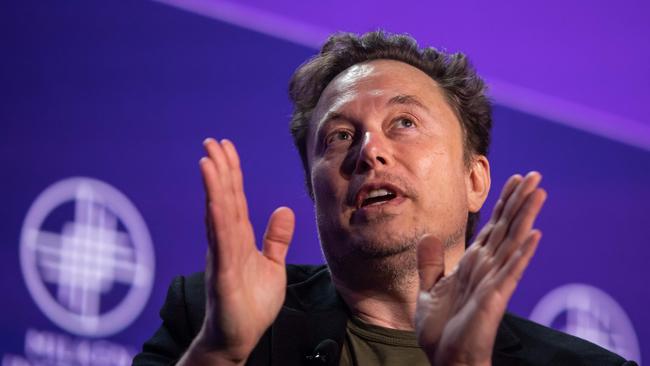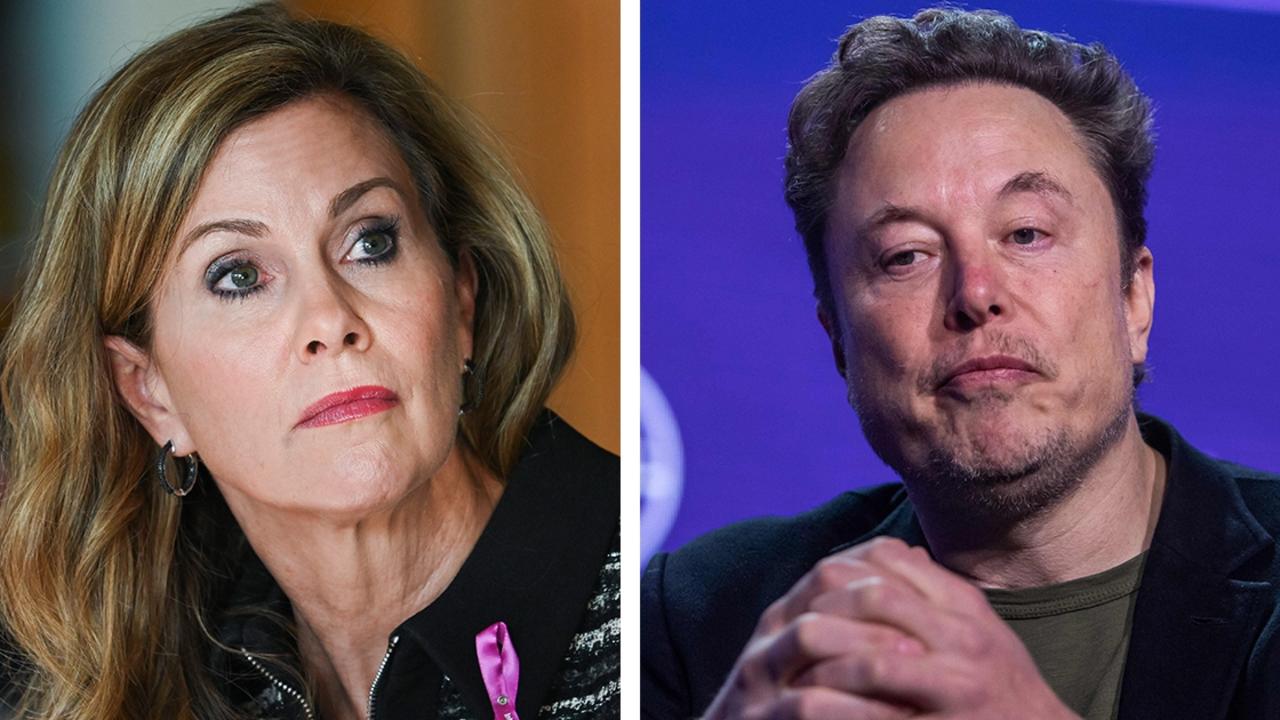Electoral Commission sounds alarm over faltering clampdown on misinformation
The man in charge of running the federal election has sounded the alarm on the growing problem of misinformation on social media.

Social
Don't miss out on the headlines from Social. Followed categories will be added to My News.
Social media giants are becoming more reluctant to remove misinformation and other content that risks disrupting elections, Australia’s chief election tsar has warned.
In an appearance before a parliamentary committee into adopting artificial intelligence (AI) on Monday, Australian Election Commission boss Tom Rogers said there had been a trend among social media organisations to moderate misinformation in the “public square”, rather than have it removed from their platforms entirely.
“We’ve noticed less willingness from the social media companies to remove content that we think in some cases may breach their own standards or indeed is harmful to our staff,” Mr Rogers said.
“We’ve had issues where there’s been threats online that previously would have been removed, they’re less likely to remove those.”

Rrior to the 2022 election, the Electoral Council of Australia and New Zealand, of which the AEC is a member, published a statement of intent calling on social media companies to commit to promoting and supporting the integrity of elections, Mr Rogers said.
While the statement had been endorsed by Microsoft, TikTok, Google and Meta, Mr Rogers said the Elon Musk-owned social media platform X, formerly known as Twitter, had not.
Social media companies have largely attempted to avoid determining what political content can or cannot be present on their platforms, frequently citing free-speech considerations.
Mr Rogers also recommended the creation of a “digital watermark” to identify electoral content generated via artificial intelligence so that it can be more readily recognised by voters.
“Not all AI generated content at election time is bad – there is AI generated content that is entirely in line with the law, and would be viewed as such by citizens,” he said.

“But even so I think citizens should be able to determine where information comes from and how it’s generated.”
The explosion of generative artificial intelligence technology makes it easier and cheaper to spread misinformation, and run disinformation campaigns, targeting voters en masse.
With a busy run of democratic elections across the world covering nearly half the world’s population, the risks posed by AI-powered falsehoods have raised concerns among experts and electoral authorities.
In January, a robocall impersonating US President Joe Biden was received by electors in New Hampshire, advising them not to vote in the state’s presidential primary election. The voice was generated by artificial intelligence.
Originally published as Electoral Commission sounds alarm over faltering clampdown on misinformation


